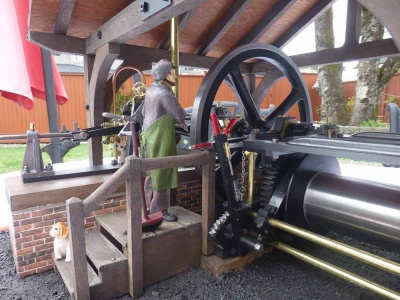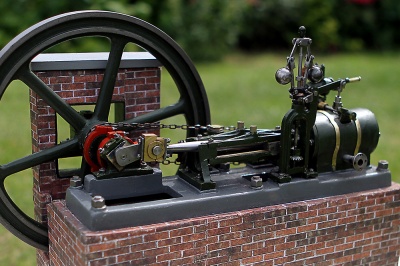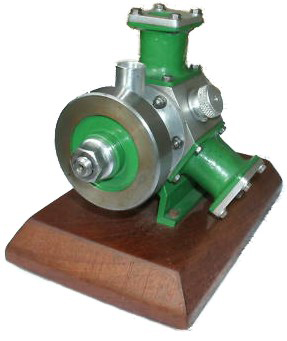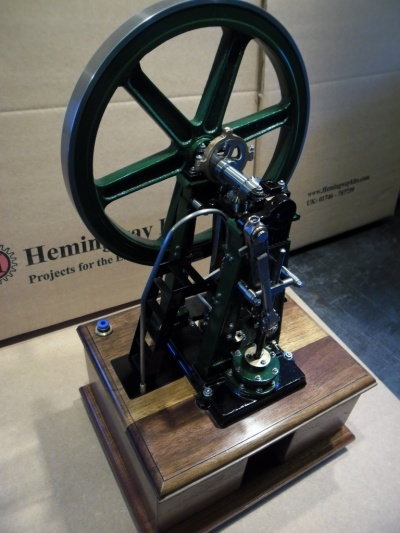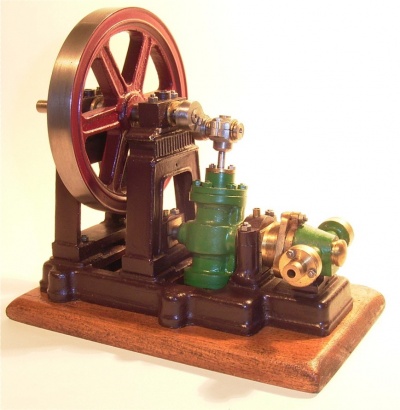| External CombustionTurning heated water vapour, under pressure, into torque and speed was never an obvious step. Until gradually, from the 1760's forward, it was! By the time James Watt's very valuable patents for "high" pressure and compound steam engines expired in 1800, it seemed as if every man and his dog had developed adaptations and improvements in design and production. Based on near-magical strides in "engine"-eering and readily available coal, the industrial revolution spread-out around the world. Looking at the early 19th century through the eyes of the common man, the "disruption" was significant. Skilled manufactory work within growing cities quickly replaced agricultural toil in the countryside. Thinkers and doers, rather than the high-born, took to the stage and generated unusual wealth - gone forever was the peasant-lord relationship.
|
